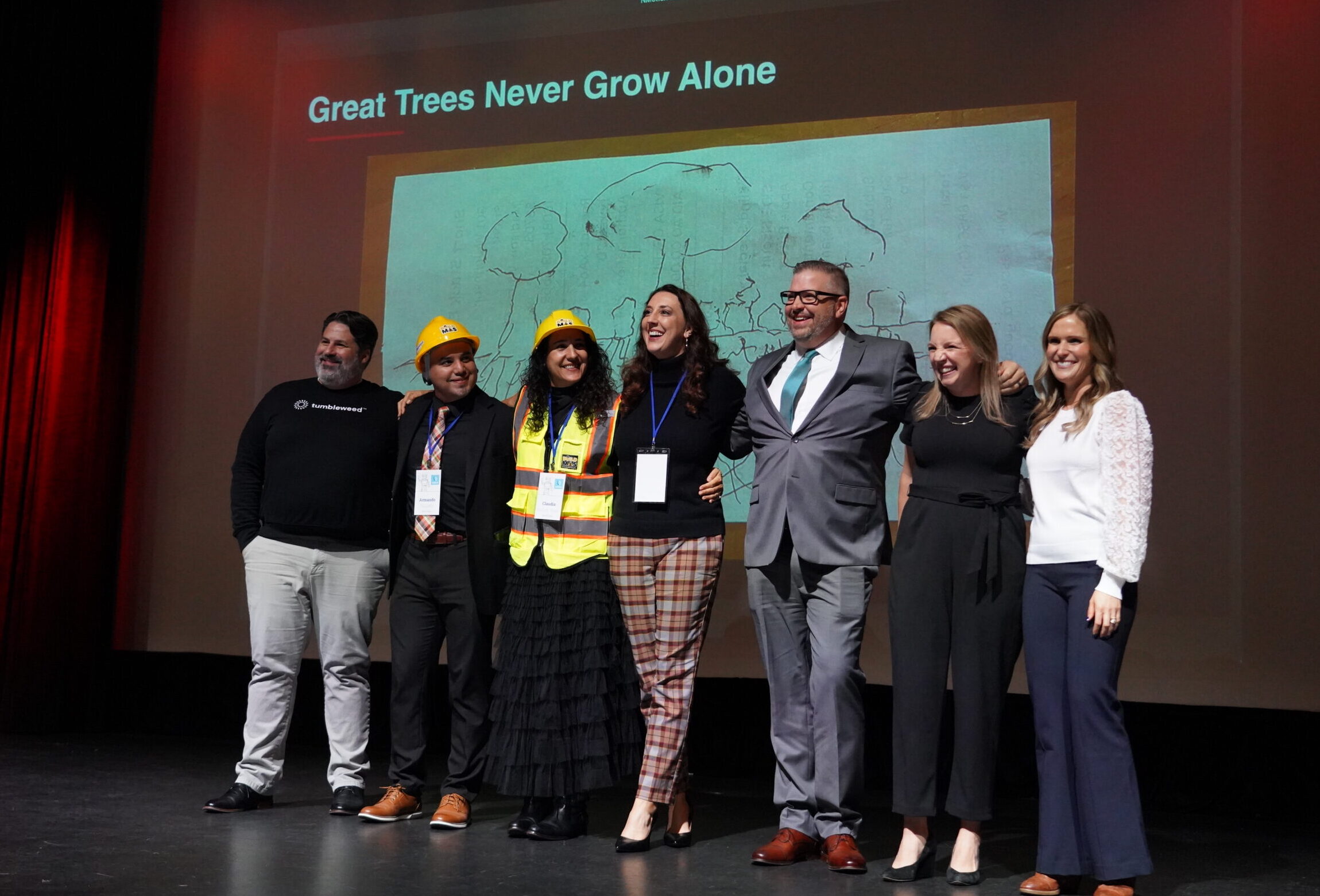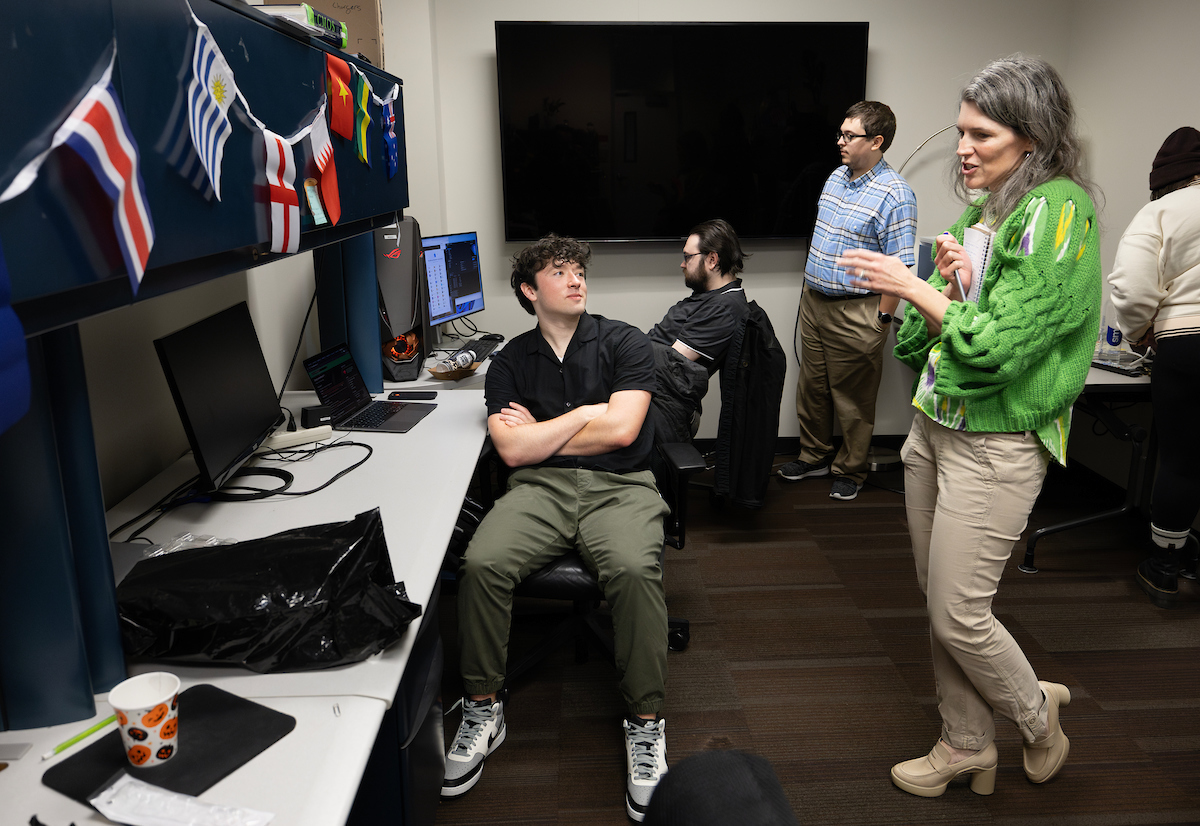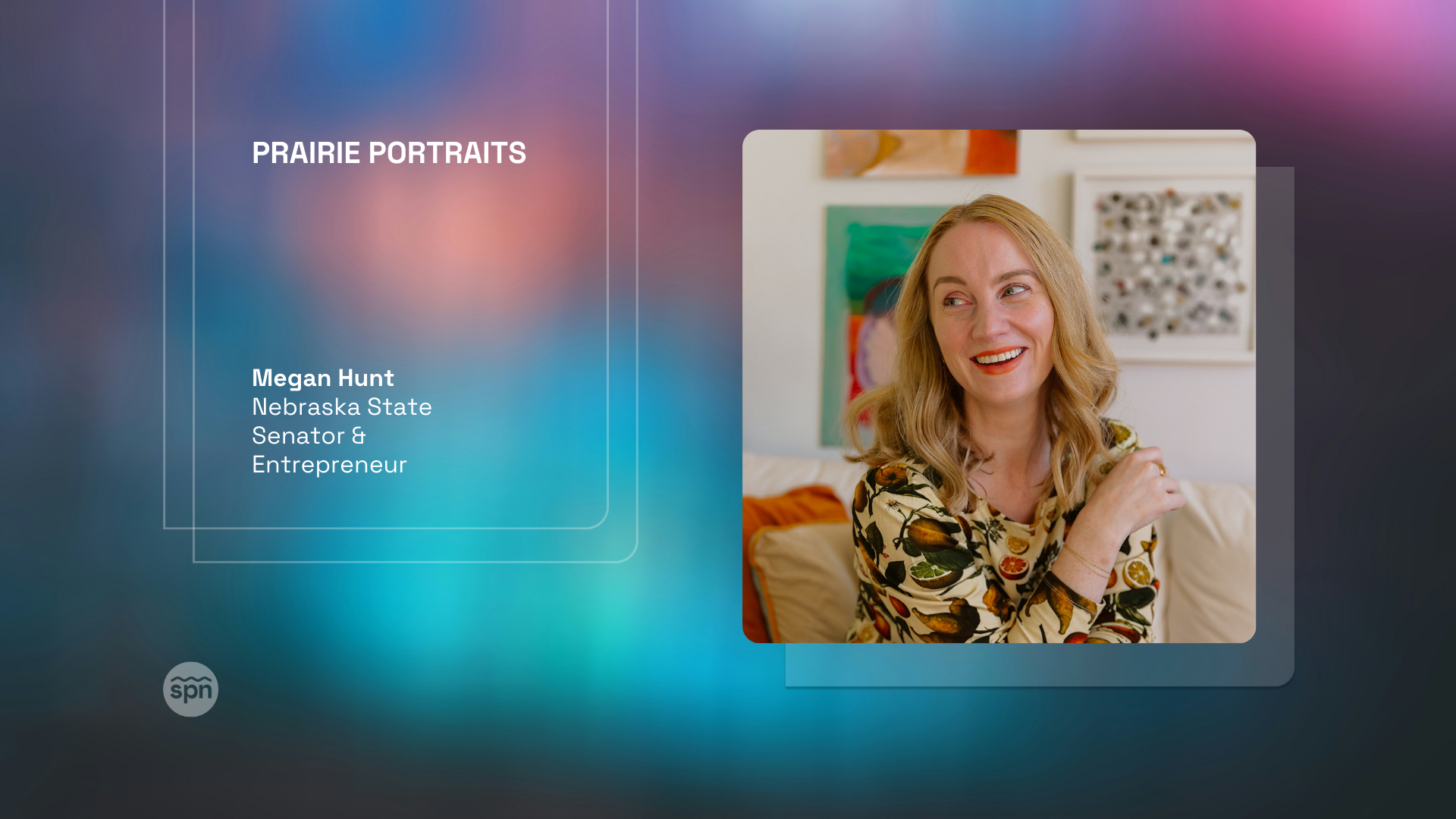
About the author: Aaron Deacon is the managing director of KC Digital Drive, one of the organizations behind the Hacking the Gigabit City event that starts today.
This weekend, about 100 hackers, developers and visionaries will gather in the City of Fountains for Hacking the Gigabit City, an event aimed at creating and developing the advanced uses for the ultra-high-speed connectivity that Google Fiber is bringing to Kansas City. Our local organizations—the Kauffman Foundation and KC Digital Drive—have partnered with the national resources of Mozilla Foundation and US Ignite to kick off the event, which works to create advanced “use cases” for the homes in Kansas City that will have gigabit connection speeds.
While there are many gigabit networks across the U.S., and lots of smart teams pursuing next-generation applications, there are a couple distinguishing characteristics that make Kansas City a unique test bed over the coming year.
First, we will soon have thousands of homeowners with gigabit speed Internet, trying to figure out what it can do besides record eight shows at once. Second, we have an entire community—health care providers, educators, city planners, tech entrepreneurs, librarians and many, many more—dedicated to developing ways this new technology can impact the social, cultural and economic health of the Kansas City metro in positive ways.
We will make some concrete progress this weekend, but it’s only a first step.
Here are a few observations before the event begins.
Inventing the future is hard: Essentially, we are trying to birth the new this weekend. It won’t be easy, but our goal is to take small steps toward inventing revolutionary applications that can make all of our lives better.
Unlike a typical Startup Weekend, it’s unlikely that any of the things hacked together this weekend will be market ready on Sunday night. We will continue to support these teams on their ideas, prototypes and applications in the weeks and months to come so that we can deliver truly meaningful outcomes. The next hackathons in Kansas City focused on this topic are already in the planning stages.
It’s up to us: Despite Google’s efforts to bring crazy ideas like driverless cars and Google Glass to reality, they have not brought the Fiber use cases to town. They’ve said repeatedly that it is up to the Kansas City community to figure out what to do with the fastest internet in the world. Though many of us have been “working on” Google Fiber for several years, as we start to get homes connected with a gig, we are now able to work more aggressively on creating applications that require a next-generation network. If the future is going to be created here, it’s up to us to create it.
We’re going to fail: There will be lots of failure this weekend. In fact, most of our hacker teams will have some failures, but our goal is to learn as much as we can from each failure that will inform our future successes. Fail fast, fail often and fail forward will no doubt be themes of the weekend.
Getting wasted: Kauffman Senior Fellow Paul Kedrosky told a group at the Foundation last year that the most important thing we could do with the huge amounts of speed and bandwidth that Google Fiber will provide is to waste it. His claim was that leaps in web technology like Youtube and other “high-bandwidth” applications were all developed in environments where there was plenty of speed to waste. Gigabit speeds in everyone’s home will give Kansas Citians plenty of bandwidth to waste. How they waste it and what they discover along the way could lead to the next big thing.
We’re not in this alone: We couldn’t be more excited to collaborate with other cities and organizations in building out fiber use cases, whether from our fellow fiber city of Chattanooga or from crack developer teams working on interactive online education, 3D imaging and visualization and all sorts of other next-generation apps. Success in Kansas City requires and facilitates the success of next-gen networks in other places.
We don’t know what it will mean: It’s impossible to predict where all of the things produced this weekend will lead. But many of societies biggest advances were hard to predict as well. As Bob Metcalfe, the inventor of Ethernet said, “In the 1970s, many doubted there were uses for even 50-kilobit-per-second Internet. But soon application explorers came up with remote login, file transfer and email. Pioneers have since found new worlds in telephony, television, publishing, commerce and social interactivity. Today, while investing in gigabit generations of Internet, we are again sending out our application explorers.”
We are excited to send out our own application explorers this weekend in our city. KC may never be the same.
About the author: Aaron Deacon is involved in several Kansas City initiatives, including Social Media Club of Kansas City, KC Digital Drive and Curiolab.
Follow Deacon on Twitter, @aarondeacon.
Credits: Aaron Deacon photo from Twitter.



